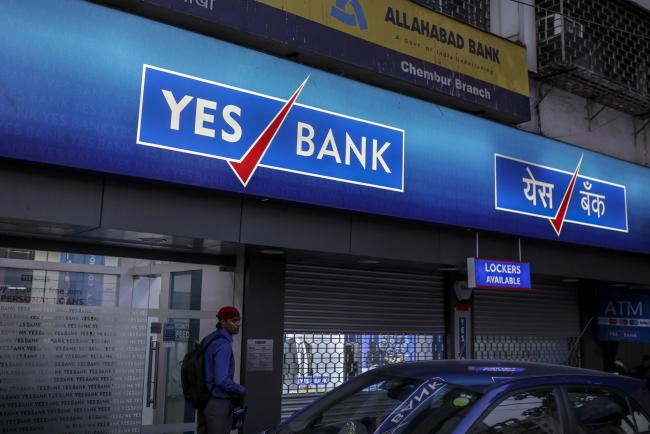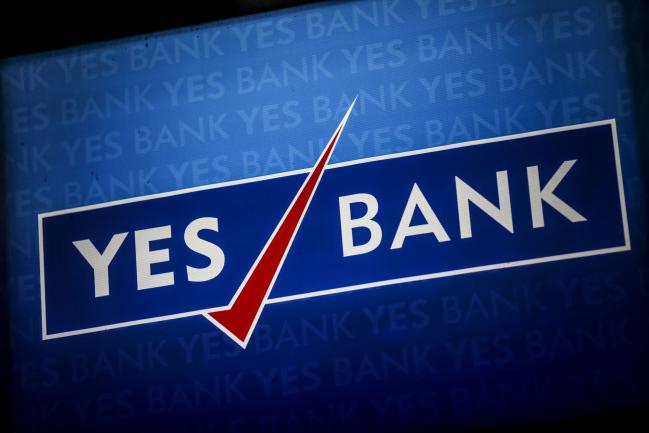(Bloomberg) -- India’s rupee fell toward a record low and stocks tumbled after India’s central bank seized control of beleaguered Yes Bank Ltd. following the lender’s failed attempt to raise new capital.
The S&P BSE Sensex tumbled as much as 3.8% to 37,011.09 in Mumbai, entering correction zone. The rupee fell as much as 1.1% and was inching toward its record low of 74.4825 seen in 2018.
“The effect of Yes Bank’s collapse will be felt across all markets with Sensex, Nifty falling sharply, rupee weakening and credit markets becoming more frozen and illiquid,” Zephyr Financial said in a note. “There could be a flight to safety to government bonds.”
The Reserve Bank of India put strict limits on the lender’s operations while a rescue plan is devised. Under a government-backed proposal, State Bank of India, the nation’s largest lender, will lead a group that will inject new capital into Yes Bank, people familiar with the matter said on Thursday.
Yes Bank shares plunged 20% and State Bank of India fell 6%. Yield on benchmark 10-year government debt was down 9 basis points to 6.15%.
Read: India Seizes Embattled Yes Bank After Capital Raising Plans Fail
The Reserve Bank of India capped Yes Bank withdrawals at 50,000 rupees ($682) and ordered it not to issue new loans as it moved to protect the financial system from the woes of the country’s fourth-largest private lender.

